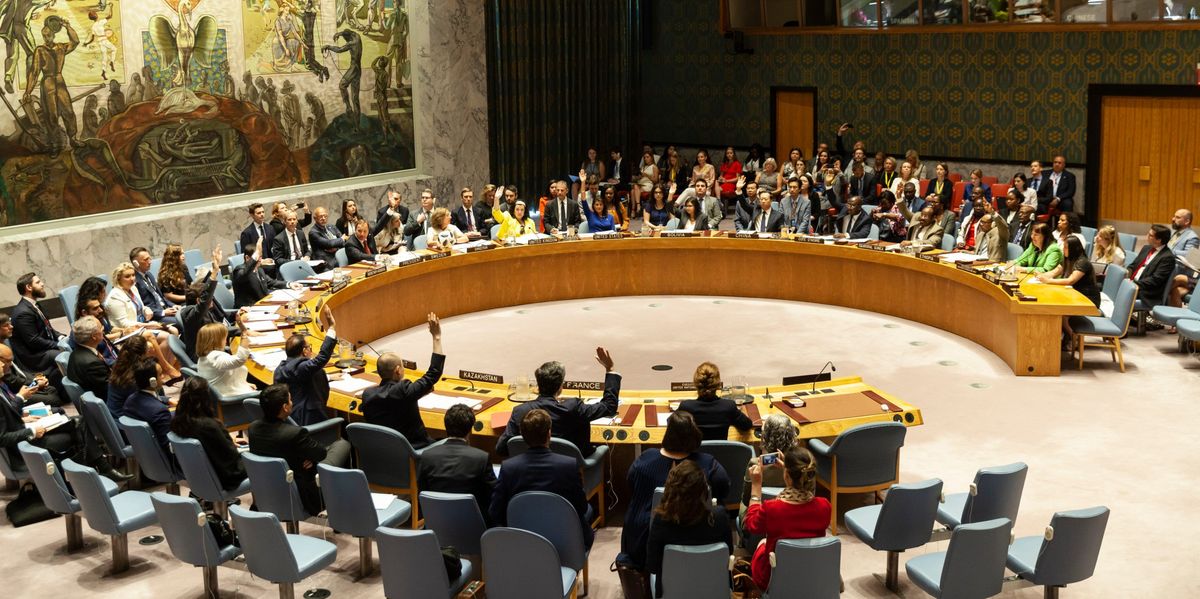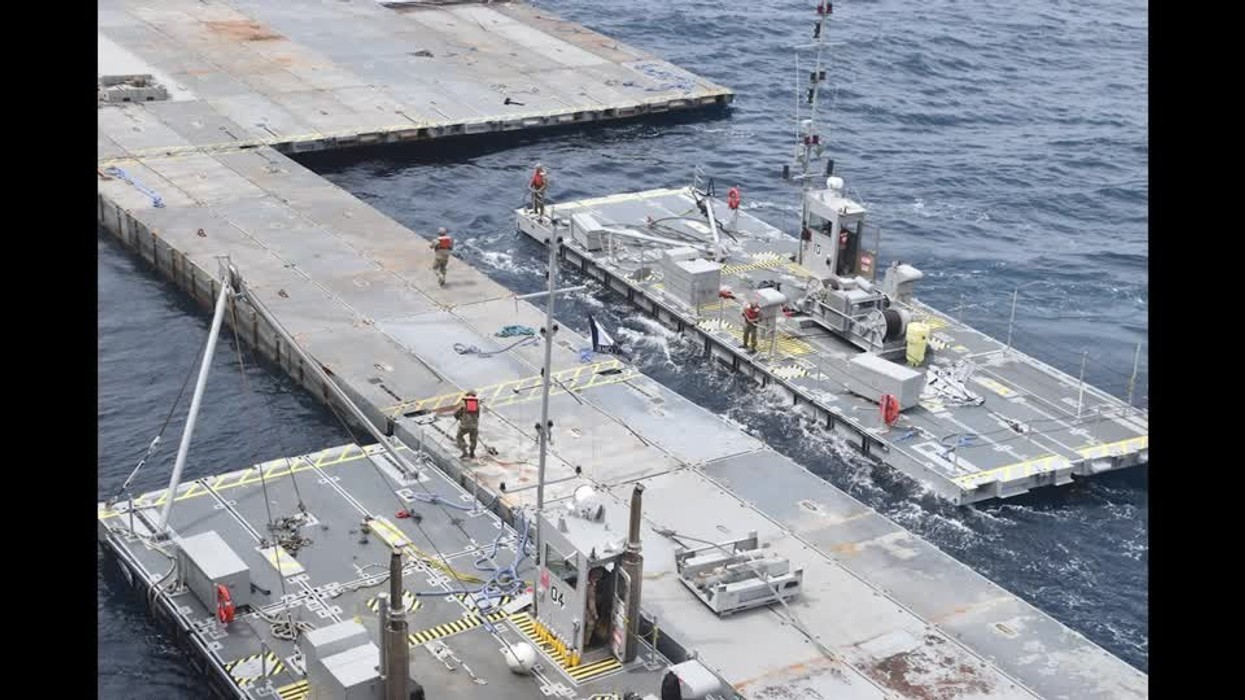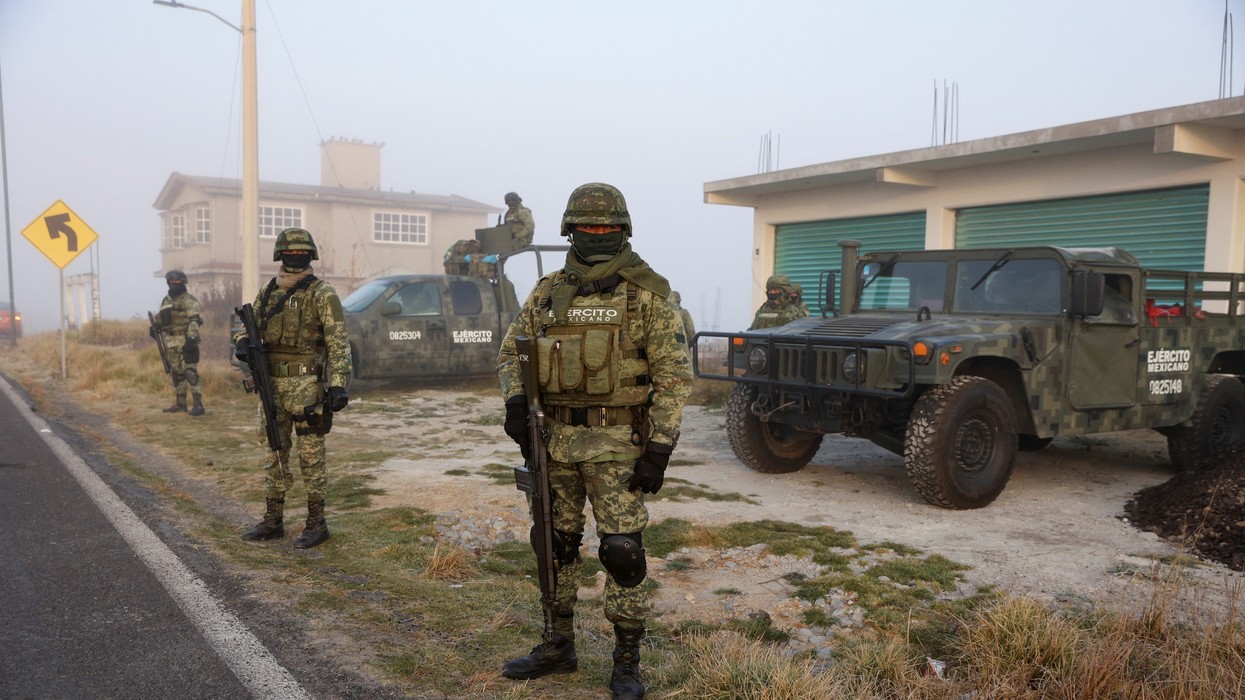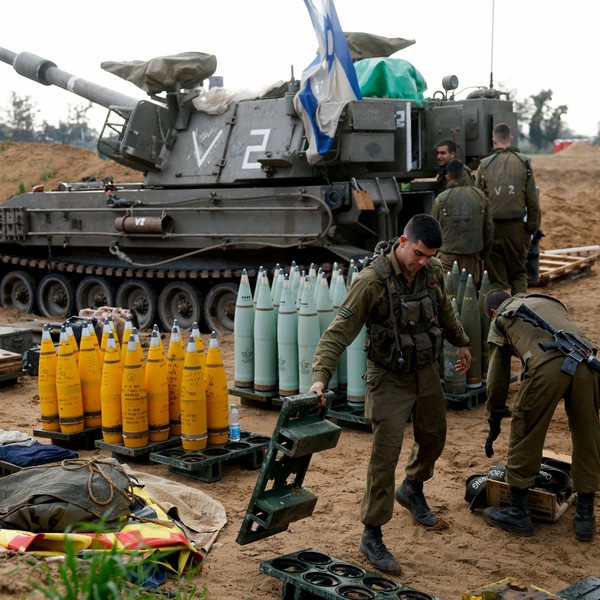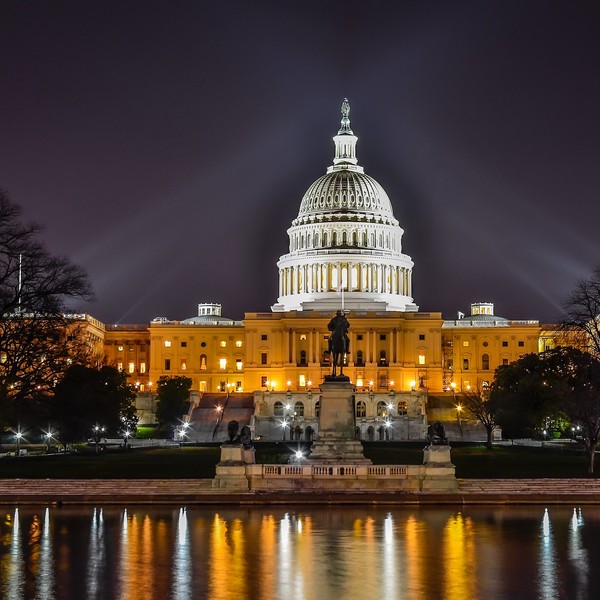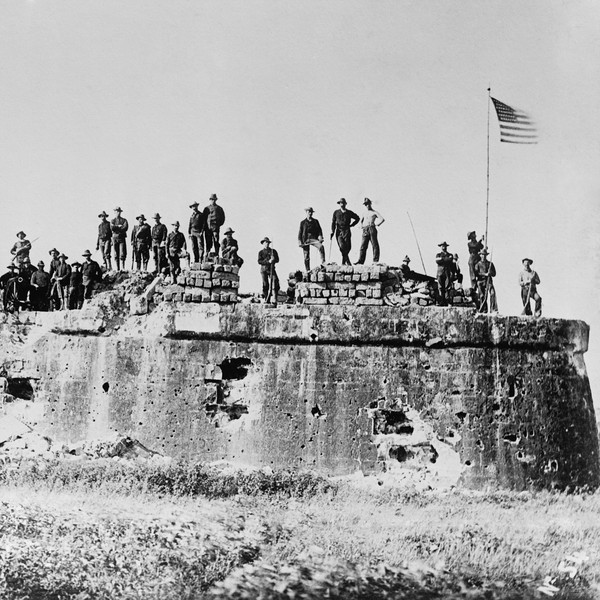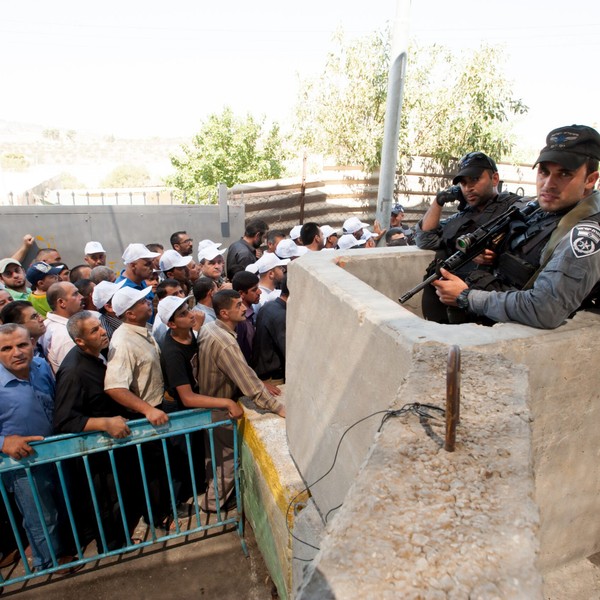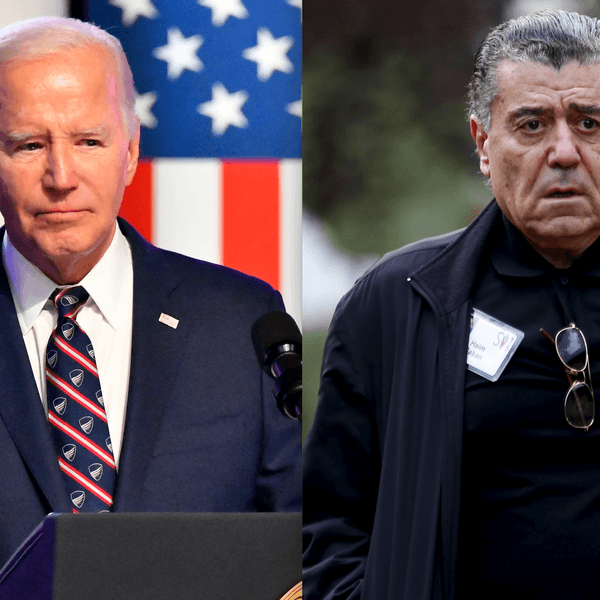Russia and China just vetoed Biden's draft resolution on Gaza at the UN Security Council. Algeria also voted against it.
Though the resolution fell short of clearly demanding a ceasefire, Moscow and Beijing nevertheless enable Biden to shift the blame to Russia for the Council's inaction, even though Biden has been the key obstacle to progress at the Council for the last six months.
Though much of the debate will be on their vetoes, an analysis of the resolution text reveals both movements in Biden's position, as well as why his shift remains insufficient in many aspects.
First of all, this is significantly stronger than previous American drafts, yet it still falls short of a clear and unequivocal demand for an unconditional ceasefire. One one hand, it no longer calls for a ceasefire as soon as practicable, as a previous U.S. resolution did, which was a remarkably weak formulation. But the operative clause is still very convoluted and unnecessarily complicated — which has become the hallmark of everything Biden has done on Gaza:
(The Security Council) Determines the imperative of an immediate and sustained ceasefire to protect civilians on all sides, allow for the delivery of essential humanitarian assistance, and alleviate humanitarian suffering, and towards that end unequivocally supports ongoing international diplomatic efforts to secure such a ceasefire in connection with the release of all remaining hostages;
The clause does not demand a ceasefire but determines that it is imperative. Its support is not directly for the ceasefire but for the negotiation process the U.S. has been co-leading and whose parameters the U.S. has sought to determine in favor of Israel. The text points out that this effort to secure a ceasefire is "in connection with the release of all remaining hostages." (Emphasis mine.)
This is an Israeli demand that is not likely to be accepted by Hamas in return for a time-limited ceasefire rather than a permanent one. As such, the American draft endorses the Israeli position in the negotiations and indirectly conditions the ceasefire on the release of all hostages, effectively making two million civilian Gazans hostages as well.
Other operative clauses are stronger and more direct, although they fall short of calling out Israel by name. For instance, the draft is very strong in:
— “Rejecting…any forced displacement of the civilian population in Gaza."
— “Demanding ...that Hamas and other armed groups immediately grant humanitarian access to all remaining hostages."
— “Rejecting… actions that reduce the territory of Gaza, including through the establishment officially or unofficially of so-called buffer zones."
— “Condemning ... calls by government ministers for the resettlement of Gaza and rejects any attempt at demographic or territorial change in Gaza."
Of course, the government ministers in question are all Israeli, but the text falls short of naming Israel. Still, this should arguably commit the U.S. to stopping Israel's ongoing efforts to carve territory in Gaza and build buffer zones. Otherwise, the U.S. will fail to act on demands it itself put into its own UN resolution.
On one crucial point, though, as UN journalist Rami Ayarihas reported, the text has weakened. Earlier drafts strongly opposed any Israeli attack on Rafah, but the current draft has watered down the language and moved it to the preamble, only expressing "concern that a ground offensive into Rafah would result in further harm to civilians" instead of demanding that it be prevented.
Note that during the Security Council debate, US Ambassador Linda Thomas-Greenfield made a critical statement: If Russia puts forward a resolution that does not support the "diplomacy on the ground" — that is, the diplomatic process co-led by the US — the Council will remain deadlocked. This is a direct threat by the US to veto any resolution that doesn't endorse the US diplomatic process and the American/Israeli parameters for a ceasefire.
In conclusion, this is a shift in Biden's position, but there may be less here than meets the eye. Undoubtedly, Biden's rhetorical shift in favor of a ceasefire is noteworthy, but the devil is in the details. The unnecessarily convoluted operative clause raises concerns that this shift is less straightforward than it could and should be.
- Poll: Majority of Americans support ceasefire in Gaza ›
- Pressure on Biden for Gaza ceasefire appears to be working | Responsible Statecraft ›
- What makes a UN decision binding? | Responsible Statecraft ›
